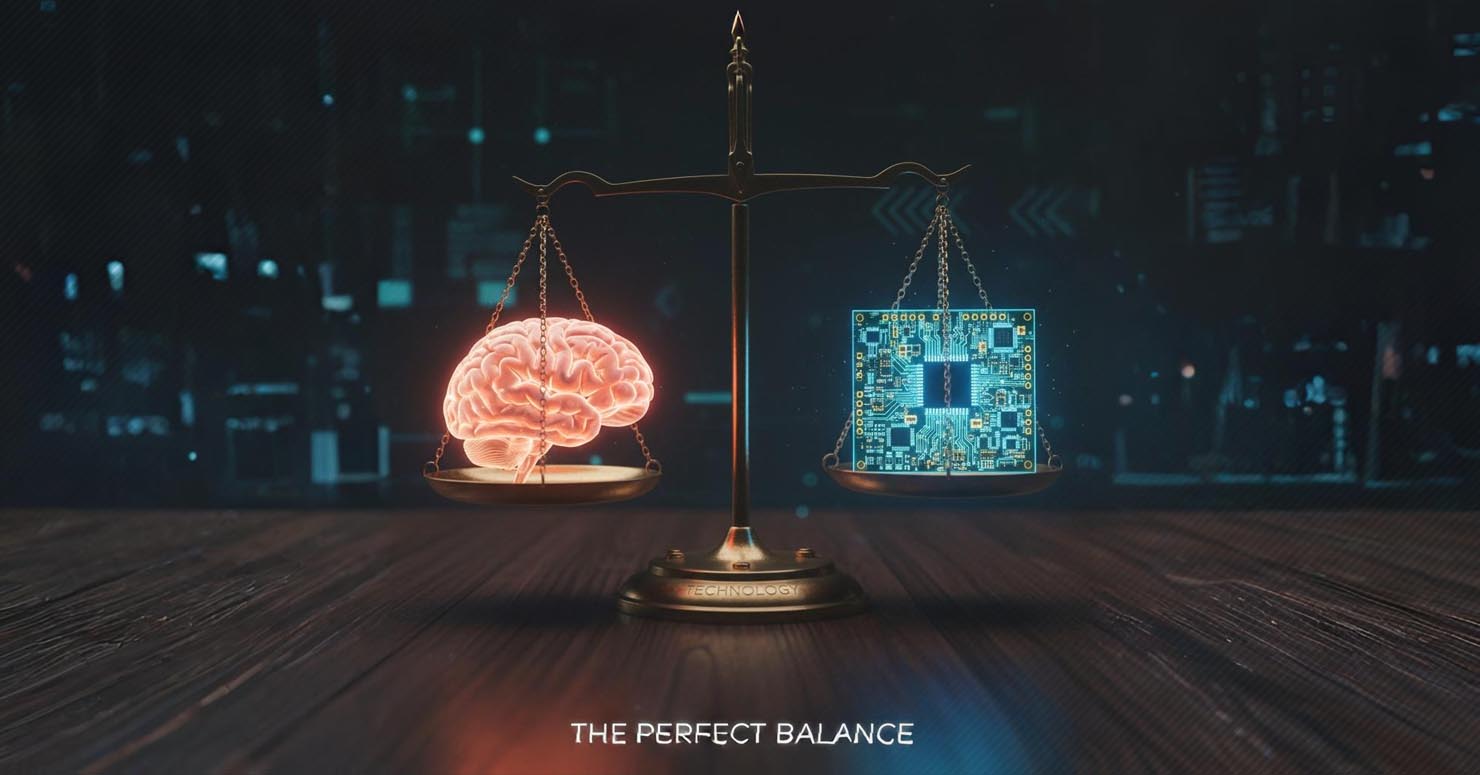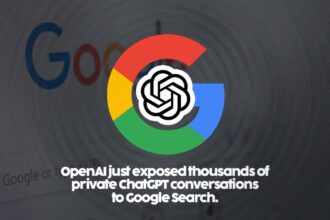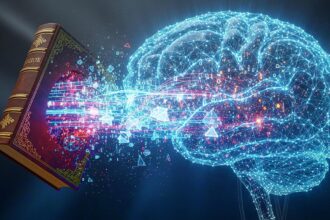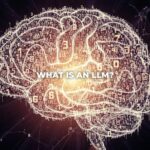Artificial Intelligence is one of the most powerful tools humanity has ever created. It has the potential to solve huge global problems, but with great power comes great responsibility. The field of AI ethics asks the tough questions to ensure this technology is developed and used for the good of everyone. Let’s explore the five biggest ethical issues you need to understand.
What Exactly is AI Ethics?
AI ethics is a branch of ethics that studies the moral behavior and consequences of creating and using artificial intelligence. It’s not about whether AI is “good” or “bad.” Instead, it’s about creating a framework to guide its development. The goal is to make sure AI systems are fair, transparent, and accountable, while avoiding unintended harm.
Issue #1: AI Bias (When Algorithms Discriminate)
One of the most urgent ethical issues in AI is bias. AI systems learn from data, and if the data they are trained on reflects human biases, the AI will learn and even amplify those biases.
- How it happens: Imagine an AI system designed to screen job applicants. If it’s trained on data from the last 20 years of a company’s hiring, and that company mostly hired men for technical roles, the AI will learn that men are a better fit. It will then start unfairly rejecting female applicants, even if they are more qualified.
- Why it matters: AI bias can lead to real-world discrimination in areas like hiring, loan applications, and even criminal justice.
Issue #2: Job Displacement (Will a Robot Take Your Job?)
The fear that AI will automate jobs is a valid concern. High-profile figures like OpenAI’s CEO have even commented on how AI could replace certain jobs, sparking widespread debate. While AI will certainly create new jobs, it will also make many existing roles, especially those involving repetitive tasks, obsolete.
- The Debate: According to reports like the World Economic Forum’s “Future of Jobs”, some experts believe AI will lead to mass unemployment. Others argue it will free up humans from boring tasks, allowing us to focus on more creative and strategic work. The hiring process itself is already changing, with companies increasingly using AI in job interviews to screen candidates.
- The Ethical Question: What is our responsibility to the people whose jobs are displaced by AI? How can governments and companies help the workforce adapt to this new reality? This is a central question for the future of AI ethics.
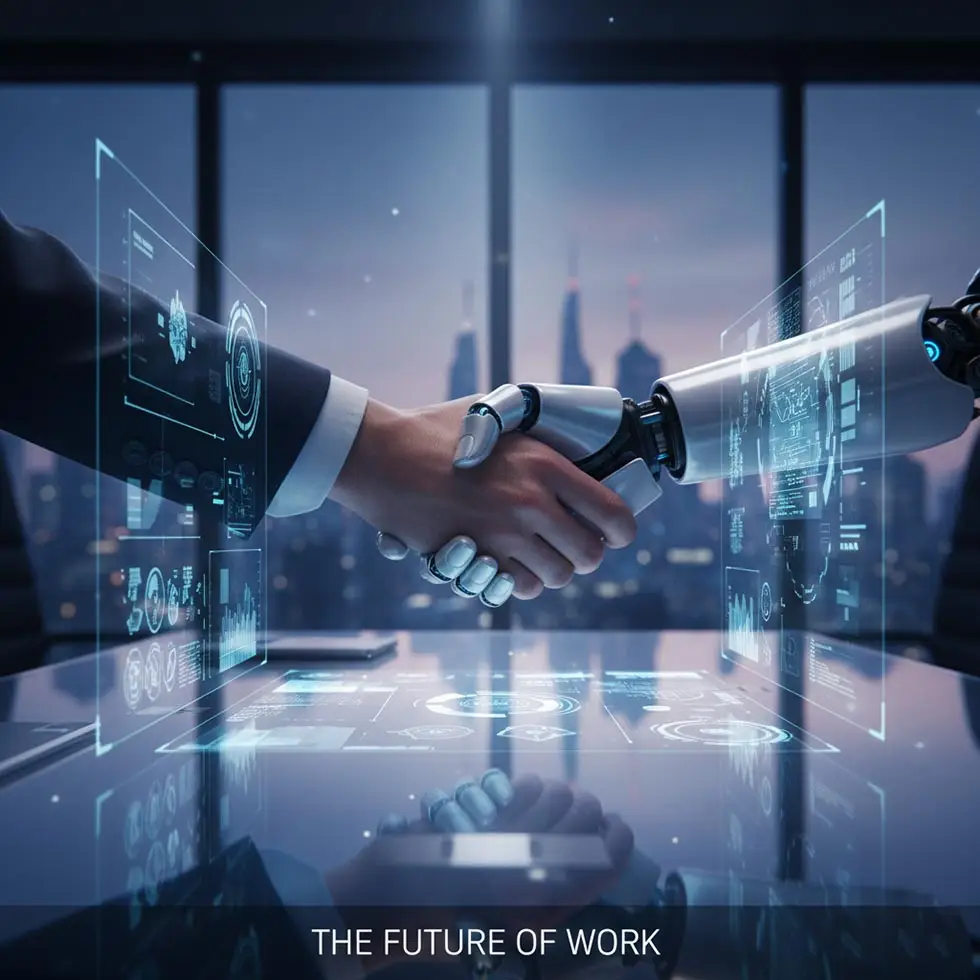
Issue #3: Privacy (Who is Watching?)
AI systems need huge amounts of data to learn and function. This data often comes from us, our phones, our smart speakers, and our online activity.
- The Problem: Companies collect vast amounts of personal data to train their AI models. This raises serious privacy concerns. Where is our data stored? Who has access to it? Can it be used against us?
- Real-World Example: Smart speakers are always listening for a “wake word,” but this means they can potentially record private conversations. Ensuring this data is handled responsibly is a major ethical challenge.
Issue #4: Accountability (Who is to Blame When AI Fails?)
When an AI system makes a mistake, who is responsible? This is a complex question with no easy answers.
- The Scenario: Imagine a self-driving car is in a situation where it must choose between hitting a pedestrian or swerving and harming its passenger. If it makes a decision that leads to an accident, who is at fault?
- The owner of the car?
- The manufacturer who built it?
- The programmer who wrote the code?
- Why it’s a Challenge: Without clear lines of accountability, it becomes difficult to trust autonomous systems with critical decisions. This is a key part of creating responsible AI.
Issue #5: The “Black Box” Problem
Some advanced AI models, especially in deep learning, are so complex that even their creators don’t fully understand how they arrive at a specific decision. This is known as the “black box” problem.
- The Issue: If an AI denies someone a loan, and we can’t determine the exact reason why, it’s impossible to check if the decision was fair or biased. This lack of transparency is a major ethical hurdle.
- The Goal: Researchers are working on “Explainable AI” (XAI), which aims to make AI decision-making processes more understandable to humans.
The Path to Responsible AI
Navigating the world of AI ethics is crucial for building a future where technology benefits everyone. By addressing these challenges head-on, we can work towards creating AI that is fair, transparent, and aligned with human values. For a broader understanding of AI’s foundations, you can read our Ultimate Guide to Artificial Intelligence.
Frequently Asked Questions (FAQ)
Why can’t we just program AI to be ethical?
Ethics are complex, subjective, and vary across cultures. What one person considers ethical, another may not. Programming a universal set of ethics into an AI is incredibly difficult because we humans haven’t even agreed on one ourselves.
Is AI bias the same as human bias?
AI bias originates from human bias. The AI itself doesn’t have feelings or prejudices. It simply learns the patterns present in the data it is given. If the data is biased, the AI’s output will be biased. The danger is that AI can apply this bias at a massive scale, much faster than a human could.
What is the most important ethical issue in AI?
While all the issues are important, many experts believe that AI bias is the most immediate and urgent problem to solve. This is because biased AI systems are already in use today and can cause immediate, real-world harm to people in areas like finance, employment, and justice.
